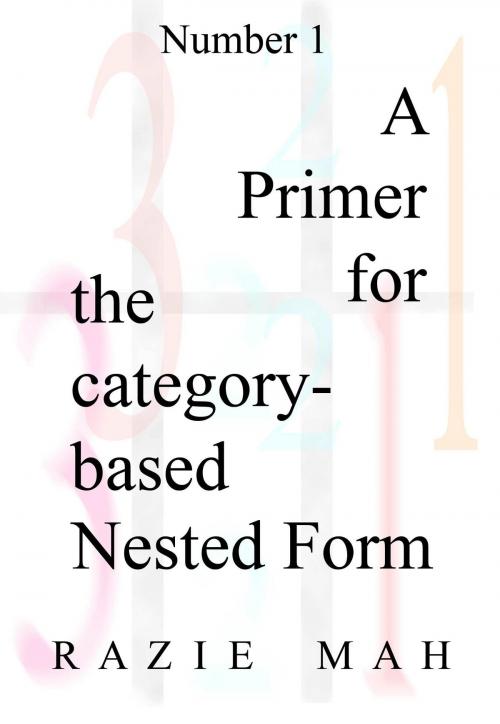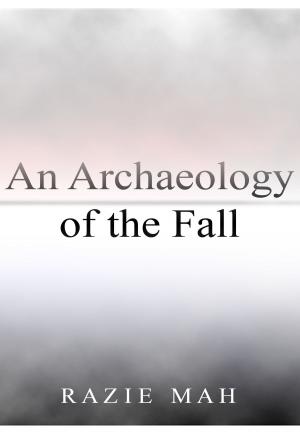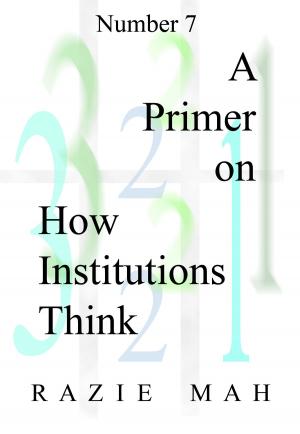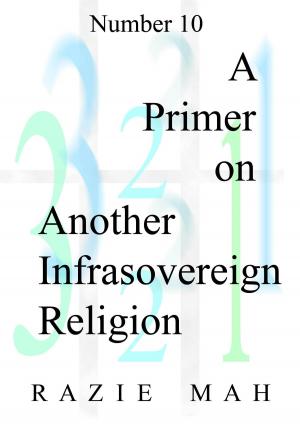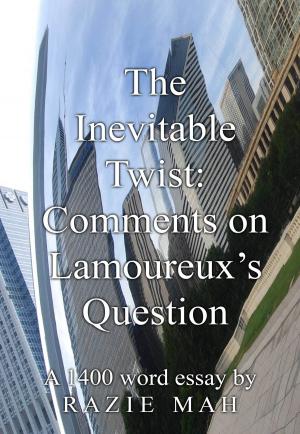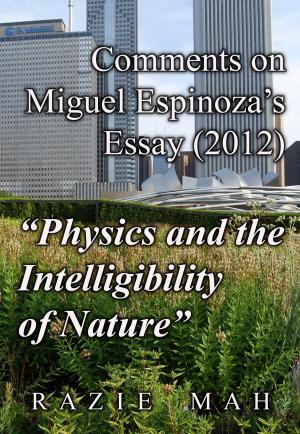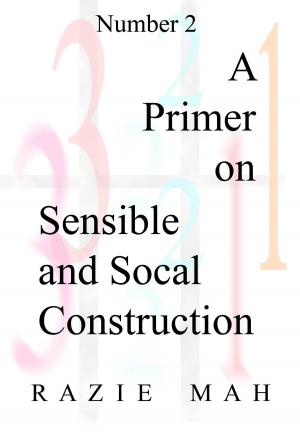| Author: | Razie Mah | ISBN: | 9781942824008 |
| Publisher: | Razie Mah | Publication: | January 18, 2015 |
| Imprint: | Smashwords Edition | Language: | English |
| Author: | Razie Mah |
| ISBN: | 9781942824008 |
| Publisher: | Razie Mah |
| Publication: | January 18, 2015 |
| Imprint: | Smashwords Edition |
| Language: | English |
The category-based nested form serves as one foundation for a postmodern scholastic anthropology. “Postmodern” because it begins with the insights of Charles Sanders Peirce and Ferdinand de Saussure. Scholastic because it takes Peirce’s categories and semiotic into questions that would be addressed by the schoolmen, if the schoolmen were around today: What is the nature of existence? What is the relation between mind-independent and mind-dependent being? What is social construction? How do we define the word “religion”? Why is our current Lebenswelt not the same as “the Lebenswelt that we evolved in”.
This postmodern scholastic research program belongs to the most recent of ages discussed by John Deely in his monumental work Four Ages of Understanding: The First Postmodern Survey of Philosophy from Ancient Times to the Turn of the Twenty-First Century (University of Toronto Press, 2001). The mission of Razie Mah is to imagine this age.
The category-based nested form serves as one foundation for a postmodern scholastic anthropology. “Postmodern” because it begins with the insights of Charles Sanders Peirce and Ferdinand de Saussure. Scholastic because it takes Peirce’s categories and semiotic into questions that would be addressed by the schoolmen, if the schoolmen were around today: What is the nature of existence? What is the relation between mind-independent and mind-dependent being? What is social construction? How do we define the word “religion”? Why is our current Lebenswelt not the same as “the Lebenswelt that we evolved in”.
This postmodern scholastic research program belongs to the most recent of ages discussed by John Deely in his monumental work Four Ages of Understanding: The First Postmodern Survey of Philosophy from Ancient Times to the Turn of the Twenty-First Century (University of Toronto Press, 2001). The mission of Razie Mah is to imagine this age.
